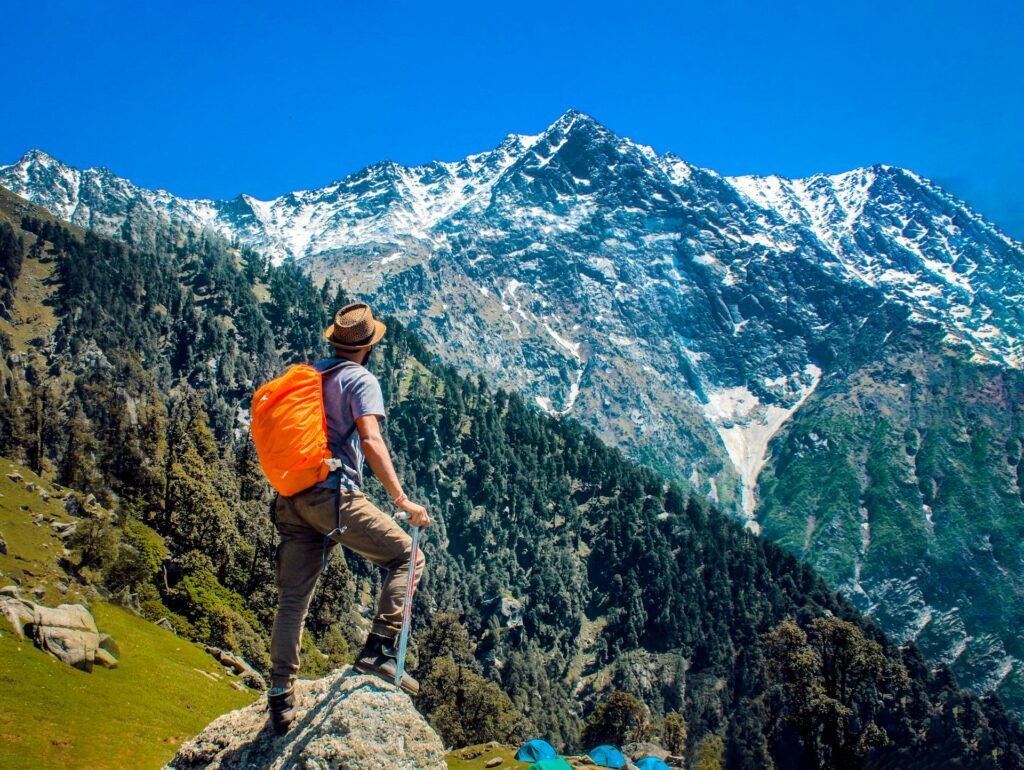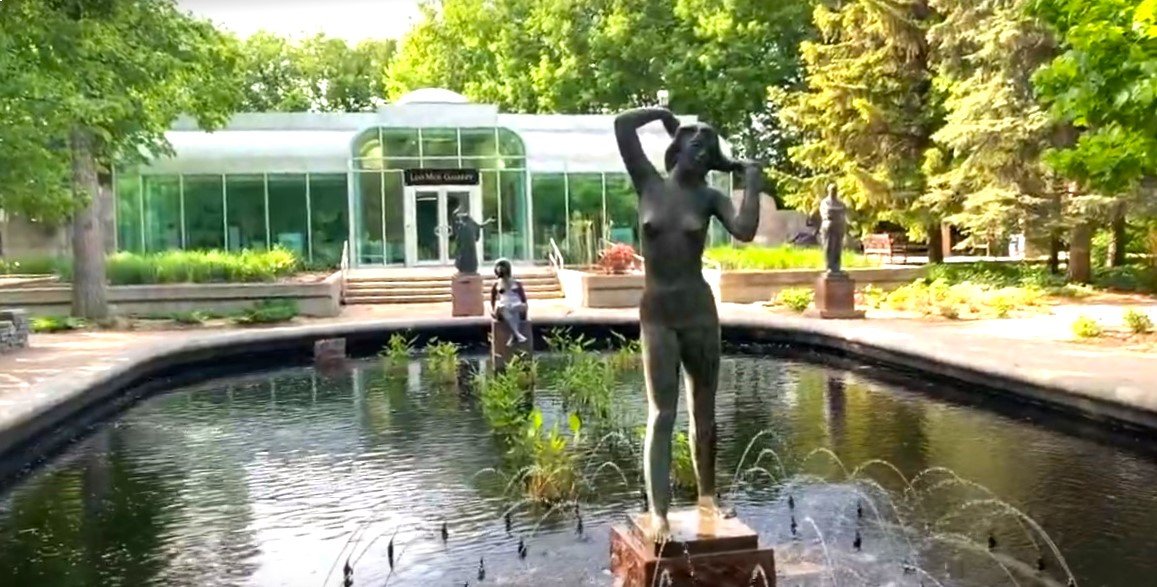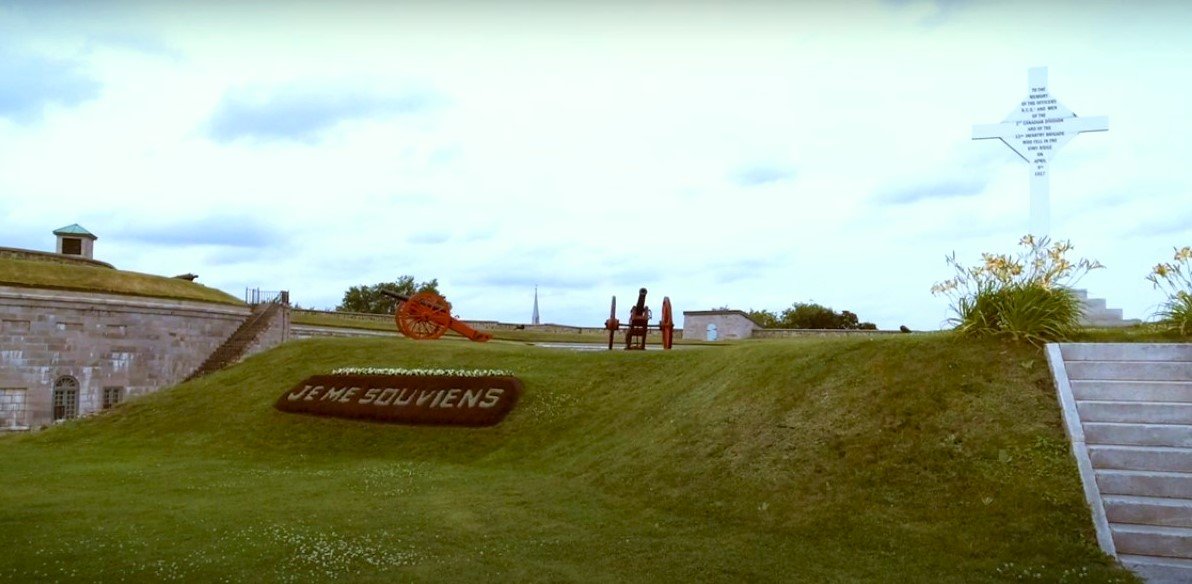Best travel tips for beginners: Ready to explore the world but feeling unsure about where to begin? Don’t worry—you’re not alone! Planning your first trip can feel overwhelming, but with the right preparation and some practical advice, you’ll be off to a fantastic start. These best travel tips for beginners will help you transform that nervous excitement into a smooth and enjoyable adventure. From choosing the perfect destination to packing efficiently and navigating new places, following these tips will ensure your first journey becomes a memorable and stress-free experience. Let’s dive into the best travel tips for beginners to set you up for success!
Choosing Your Destination: Where Do You Want to Go?
First things first—where do you want to go? This can be the hardest part because the world is full of amazing places just waiting to be explored. Start by thinking about what excites you the most.
- Consider your interests: Do you dream of relaxing on sandy beaches, exploring ancient ruins, or hiking through rugged landscapes? Your hobbies and interests can help narrow down your options.
- Set a budget: This is a big one! How much can you realistically spend? Be sure to account for everything—flights, accommodations, food, transportation, and activities. The great news is there are destinations for every budget, from affordable getaways to more luxurious spots.
- Check visa requirements: Depending on where you’re heading, you might need a visa. It’s always a good idea to check these details well in advance to avoid last-minute surprises.
- Think about the season: If you’re not a fan of crowds or extreme weather, it’s worth researching the best time to visit. Off-season travel can save you money and let you experience a place more like a local.
Planning Your Itinerary: Stay Flexible, But Have a Plan
Crafting a travel itinerary is a delicate balance between meticulous planning and embracing the unexpected. Whether you thrive on structured schedules or prefer a more spontaneous approach, a touch of organization can significantly enhance your travel experience, allowing you to maximize your time without feeling perpetually hurried.
- Create a flexible itinerary: Developing a flexible itinerary is key. While having a general framework of your desired destinations and activities is beneficial, it’s equally important to allow for serendipitous discoveries. Some of the most cherished travel memories often arise from those unplanned moments when you stumble upon a hidden gem or decide to take an unexpected detour.
- Prioritize your must-see attractions: Prioritizing your must-see attractions is essential. Identify a few key sights or experiences that are non-negotiable for your trip. Allocate ample time to fully appreciate these highlights, ensuring you’re not constantly racing from one attraction to the next. Rushing through experiences can detract from the overall enjoyment and create a sense of stress.
- Research transportation options: Thoroughly researching transportation options is crucial. Consider the various modes of transport available at your destination—will you be flying between cities, utilizing train services, or perhaps renting a car for greater freedom? Each location often has its most efficient and cost-effective means of getting around, and making informed choices in advance can save you both valuable time and money during your trip.
- Book your accommodations early: Securing your accommodations early is highly recommended, particularly if you’re traveling during peak season. Avoid the last-minute scramble for lodging by booking your hotel or Airbnb well in advance. Confirming your accommodation early provides peace of mind and eliminates a significant source of stress upon arrival, allowing you to focus on enjoying your trip.
Packing Essentials: Less Is More
Packing for a trip can often feel like a daunting puzzle, especially when you’re unsure of the true necessities. The key lies in finding that sweet spot between being fully prepared for any eventuality and avoiding the burden of overpacking. A well-planned packing strategy can significantly enhance your travel experience.
- Make a packing list: Creating a detailed packing list is an invaluable first step. Take the time to jot down everything you anticipate needing, from clothing items and footwear to essential travel documents, electronics, and any comfort items you might require. Carefully consider the climate of your destination, the specific activities you’ll be participating in, and the overall duration of your trip. A comprehensive list not only keeps you organized throughout the packing process but also serves as a crucial reminder, preventing you from forgetting important items like medications or chargers.
- Think about packing clothes: Choosing versatile clothing is paramount to efficient packing. Prioritize garments that can be easily mixed and matched, allowing you to create a variety of outfits with a minimal number of pieces. Think in terms of coordinated color palettes and styles. Layering is your best friend, particularly if you’re traveling to a location with unpredictable weather patterns. Layers allow you to adapt to changing temperatures throughout the day, ensuring you’re comfortable regardless of the conditions.
- Don’t forget the essentials: Remembering the essentials is absolutely critical. Your passport, visas (if required), other essential travel documents, any necessary prescription medications, and your basic toiletries should be at the very top of your packing list. These items are non-negotiable. Double-check that you have everything well in advance of your departure date to avoid any last-minute panics.
- Pack light: Packing light is a travel philosophy that pays dividends. While the temptation to bring everything “just in case” can be strong, resisting that urge and packing only what you truly need will make your journey significantly smoother. You’ll appreciate the freedom of having fewer bags to lug around, especially when navigating crowded airports, bustling train stations, or the often-congested streets of a new city. Traveling light allows for greater mobility and reduces the risk of lost or damaged luggage.
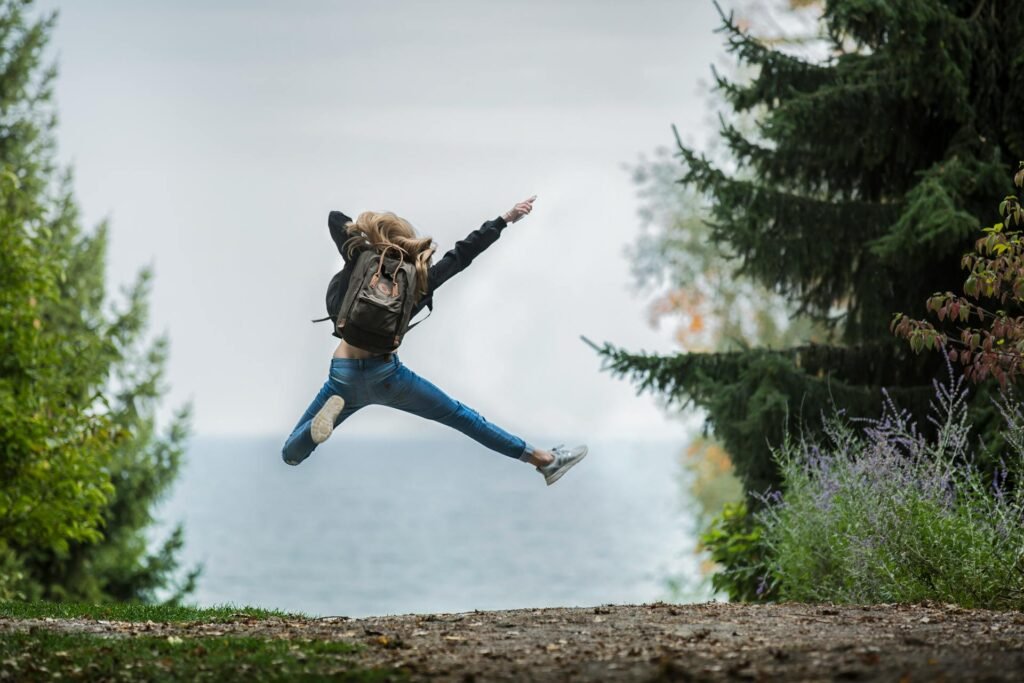
Staying Safe and Healthy: Be Prepared, Stay Aware
Prioritizing your safety and well-being is paramount when venturing into unfamiliar territories. A healthy and secure trip allows you to fully immerse yourself in the experience and create lasting memories. Being prepared and staying aware of your surroundings are crucial for a smooth and enjoyable journey.
- Research local customs: Thoroughly researching local customs and cultural norms is essential before you depart. Each destination possesses its own unique set of traditions and social expectations, and understanding these nuances can help you avoid unintentional cultural missteps. A little pre-trip research can go a long way in demonstrating respect for the local population and fostering positive interactions. Learning basic phrases in the local language can also be beneficial.
- Check travel advisories: Checking travel advisories and staying informed about any potential travel warnings or health risks specific to your destination is a must. Consult official government websites for up-to-date information. It’s also a prudent measure to note the location and contact details of the nearest embassy or consulate representing your country, just in case you require assistance during your trip.
- Protect your belongings: Protecting your personal belongings is a fundamental aspect of travel safety. Employing simple yet effective strategies, such as wearing a money belt or keeping your valuables in a secure, concealed location, can provide peace of mind and deter potential theft. Pickpocketing and other petty crimes are unfortunately common occurrences in areas frequented by tourists, so maintaining a heightened sense of awareness, particularly in crowded marketplaces, public transportation, and popular attractions, is crucial.
- Stay hydrated and eat well: Maintaining proper hydration and adhering to a healthy diet are vital for sustaining your energy levels and overall well-being throughout your travels. Traveling can be surprisingly exhausting, and it’s easy to neglect basic self-care routines. Consuming an adequate amount of water and choosing nutritious meals can help you stay energized and ready to embrace all the exciting adventures that await you. Be mindful of food safety standards in your destination and consider packing some healthy snacks for on-the-go sustenance.
Embracing the Local Culture: Make Your Experience Truly Unique
Getting to know a place isn’t just about seeing the sights; it’s about diving into the heart of its culture. That’s where the real magic happens, the stuff that makes a trip truly unforgettable. When you connect with the local culture, you’re not just a tourist anymore – you’re a participant in something special.
- Learn a few key phrases: One of the easiest ways to bridge that gap is to learn a few basic phrases. Even if it’s just “hello,” “thank you,” or “excuse me,” the effort goes a long way. Locals appreciate it when you try, and who knows? A simple “bonjour” might just open the door to a fascinating conversation or a new friendship.
- Try the local cuisine: And speaking of connections, food is a universal language. It’s also a fantastic way to experience a culture firsthand. So be brave! Whether it’s grabbing some sizzling street food from a vendor’s cart or trying a regional specialty you’ve never even heard of, be adventurous with your palate. You might just discover your new favorite dish.
- Support local businesses: Supporting local businesses is another great way to connect with the heart and soul of a place. When you shop at a local market or eat at a family-run restaurant, you’re not just making a purchase; you’re investing in the community. Plus, you’re much more likely to find unique, authentic souvenirs that tell a story, rather than mass-produced trinkets.
- Engage with locals: Finally, don’t be afraid to strike up a conversation! Ask locals for recommendations on their favorite spots, or simply chat about their lives and experiences. They often have insider knowledge and perspectives that you won’t find in any guidebook. Those genuine connections can transform a good trip into an extraordinary one. They can give you a deeper understanding of the place and its people, and that’s the kind of travel experience that stays with you long after you’ve returned home.
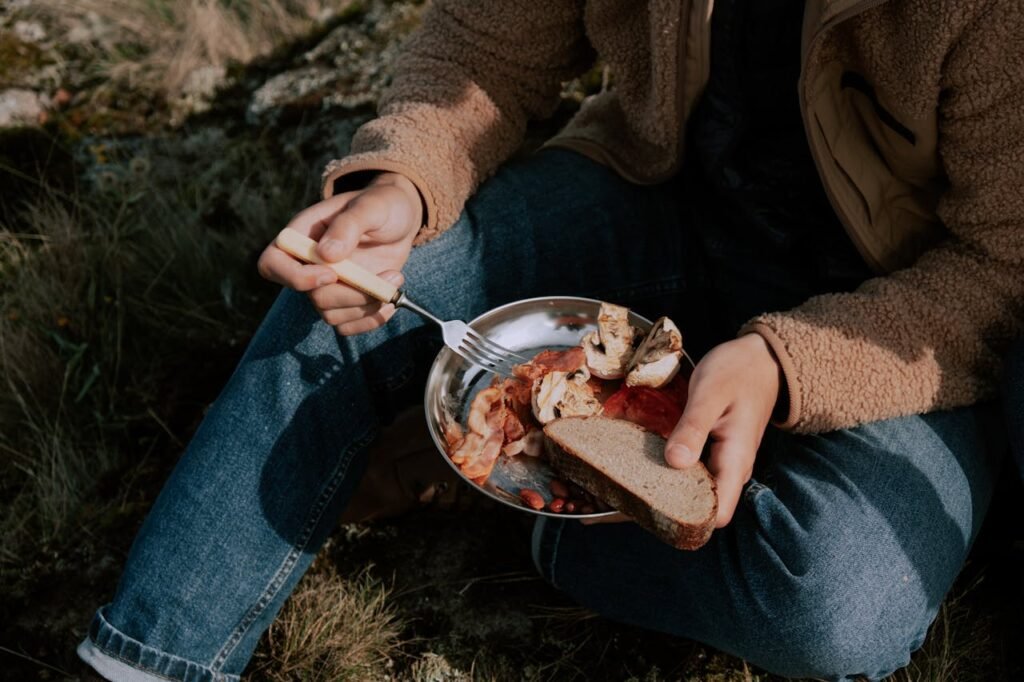
Final Thoughts: Get Ready for the Journey of a Lifetime
Ready to trade your everyday routine for an extraordinary adventure? Traveling isn’t just about ticking off destinations on a map; it’s about uncovering hidden parts of yourself along the way. It’s about the thrill of the unknown, the unexpected encounters, and the personal growth that comes from stepping outside your comfort zone. The world is calling, and with these beginner-friendly tips in your pocket, you’re not just prepared – you’re poised for an unforgettable journey. So, pack your bags, embrace the butterflies in your stomach, and remember: the real magic of travel isn’t just where you go, but how you get there. Happy trails!
